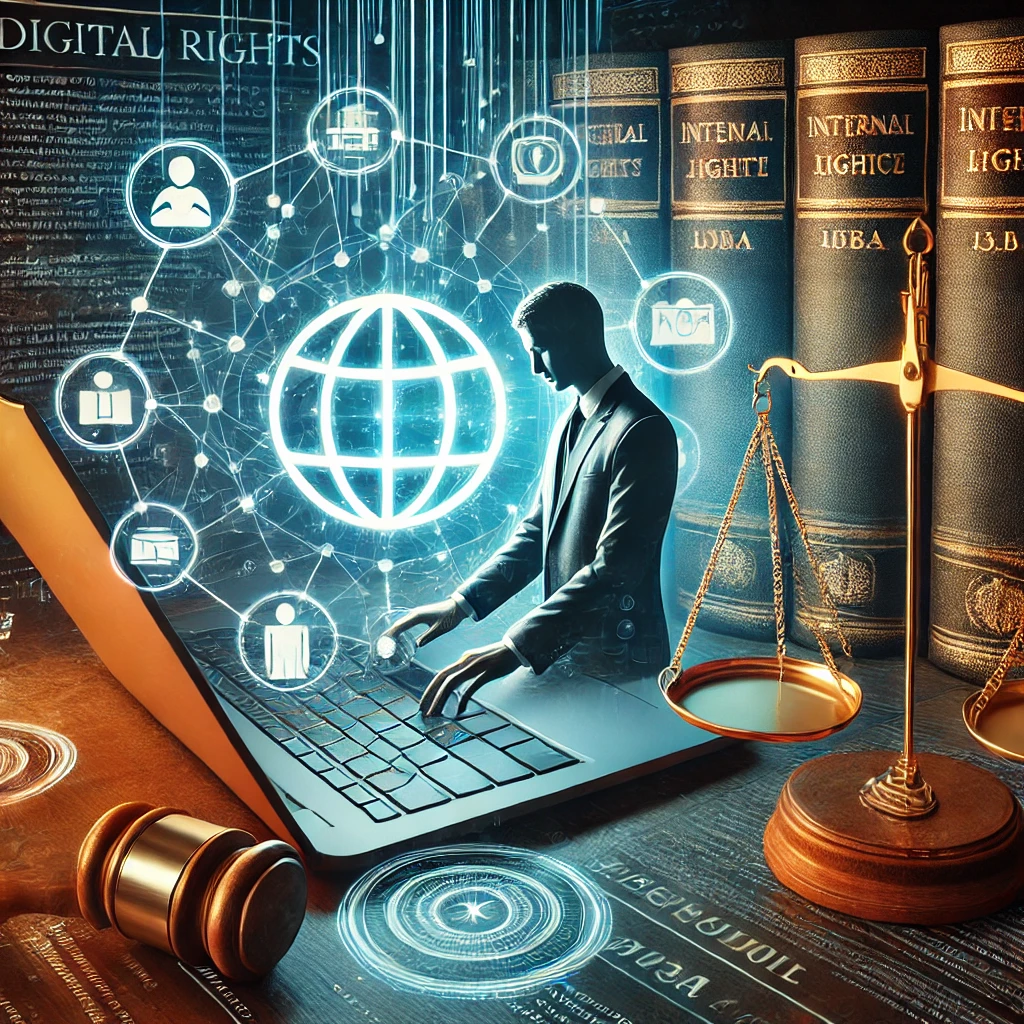Cyber Law at Luxembourg
Luxembourg has significantly enhanced its cybersecurity and data protection legal framework, aligning with European Union directives and addressing emerging digital threats. Here's an overview of the key legislations and regulatory developments:
🛡️ Cybersecurity Law: National Cybersecurity Law
Luxembourg is in the process of transposing the EU's NIS2 Directive into national law A draft law (n°8364) was filed on 13 March 2024 and is currently under discussion in the Luxembourg Parliament . The final law is expected to come into force before the end of **Q2 2025*
Key Provisions:
Expanded Scope: The law will apply to medium and large-sized entities in sectors such as energy, transport, banking, healthcare, digital infrastructure, and mor
Incident Reporting: Entities must report significant incidents within 24 hours and provide a detailed report within 72 hours
Management Accountability: Management bodies are required to approve cybersecurity measures, undergo training, and oversee their implementation
Sanctions for Non-Compliance: Fines can reach up to €10 million or 2% of the company's global annual turnover, whichever is higher
🔐 Data Protection: General Data Protection Regulation (GDPR)
Luxembourg enforces the EU's General Data Protection Regulation (GDPR), overseen by the **Commission Nationale pour la Protection des Données (CNPD)*.
Key Provisions:
Data Processing Agreements Mandatory agreements between data controllers and processors to ensure data protection
International Data Transfers Transfers outside the EEA require appropriate safeguards, such as EU model clauses
Sanctions The CNPD can impose administrative fines up to €20 million or 4% of global annual turnover for serious violations
🏛️ Regulatory Authorities
**Institut Luxembourgeois de Régulation (ILR)*: Designated as the supervisory authority for cybersecurity in Luxemborg
**Commission de Surveillance du Secteur Financier (CSSF)*: Oversees the financial sector's compliance with cybersecurity regulatins
*Haut-Commissariat à la Protection nationale: Responsible for international and intersectoral cooperation and cyber crisis management.
⚖️ Enforcement and Compliance
*Incident Reporting: Entities must report significant cybersecurity incidents within specified timeframes to avoid penalties.
**Data Protection Officer (DPO)*: Organizations are encouraged to appoint a DPO to ensure compliance with data protection regulations.
*Penalties: Non-compliance with cybersecurity and data protection laws can result in substantial fines, sanctions, and reputational damage.


















0 comments